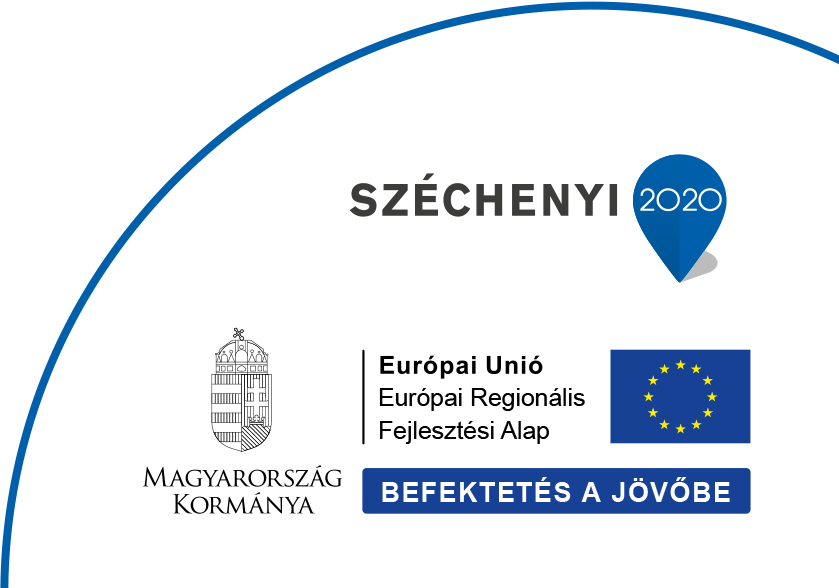Solar energy, an abundant renewable resource, offers the potential to directly drive chemical transformations. By harnessing sunlight, we can produce valuable products, such as hydrogen and organic chemicals, with a reduced reliance on fossil fuels.
Proton Exchange Membrane Water Electrolyzers (PEMWEs) are valuable for green hydrogen production at various scales and in dynamic ranges, making them ideal for use with intermittent renewable energy sources. However, a key drawback of PEMWEs is their high initial capital investment, largely attributed to the Catalyst Coated Membrane (CCM) or Membrane-Electrode Assembly (MEA) unit. The main cost factors are the noble-metal-based electrocatalysts (iridium at the anode and platinum at the cathode) and the ionomer membranes. This group’s concept is to utilize low-cost precatalysts and develop atom-efficient surface grafting methods to fabricate efficient and cost-effective MEAs based on iridium-free compounds or low-to-no-platinum-containing cathode catalysts.
Photoelectrochemical (PEC) devices convert solar energy into chemical energy in a more compact way. While PEC devices offer significant potential, several challenges hinder their practical implementation. This group aims to address these challenges by developing novel semiconductor materials with optimized bandgaps and electronic properties and designing efficient photoelectrode architectures to enhance light absorption and charge carrier transport. The multidisciplinary approach includes:
Materials Synthesis: Developing scalable and cost-effective synthesis methods for semiconductor materials and co-catalysts.
Device Fabrication: Fabricating high-performance photoelectrodes through techniques such as hydrothermal growth, chemical vapor deposition, and electrodeposition.
Performance Optimization: Characterizing the performance of photoelectrodes under various conditions, including light intensity, electrolyte composition, and applied bias.
Interface Engineering: Modifying the interface between the photoelectrode and electrolyte to enhance charge transfer kinetics and suppress side reactions.
Group Leader:
József Sándor Pap
Tel: +36 20 590 9579
E-mail: pap.jozsef@ek.hun-ren.hu
https://orcid.org/0000-0003-1704-0925
publications: https://m2.mtmt.hu/gui2/?type=authors&mode=browse&sel=10026050
Group members:
Tímea Benkó, https://orcid.org/0000-0002-3214-0716
Irfan Khan, https://orcid.org/0000-0002-5724-1732
Tamás Ollár,
Tímea Tomanovics (administrator)
Useful links:
PacemCAT
https://pacemcat.ek.hun-ren.hu
Hungarian Catalysis Society
catalysis.hu
